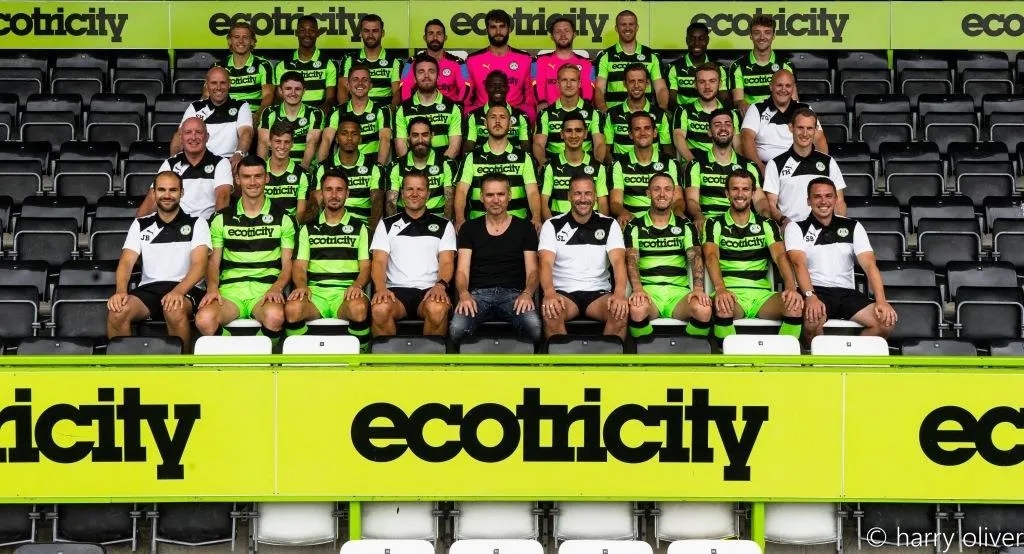
In 2018, Forest Green Rovers, a football club in Nailsworth, England, became the world’s first carbon-neutral football club, certified by the United Nations. Led by founder of green energy company Ecotricity, the club has embedded sustainability into all aspects of its operations, serving as a global model for integrating environmental practices into sports.
Objectives:
- To achieve carbon-neutral status
- To raise awareness of environmental issues through football
- To promote sustainable lifestyles by using the platform of professional football to educate and inspire positive environmental change.
Description of the Practice:
Forest Green Rovers has implemented several innovative practices to achieve sustainability. The club is powered entirely by renewable energy, including solar panels on the stadium roof and experiments with kinetic energy generated by fans entering the stadium. Their pitch is maintained without the use of chemical pesticides or fertilizers, relying instead on sustainable practices such as rainwater collection for irrigation. In a groundbreaking move, the club adopted a 100% plant-based menu for all catering services, significantly reducing emissions associated with animal agriculture. To promote eco-friendly transportation, fans and staff are encouraged to use public transport, cycle, or walk to matches, while the club also operates electric vehicles and supports carpooling initiatives. Additionally, Forest Green introduced football kits made from bamboo fibers, offering a sustainable, biodegradable alternative that combines durability and high performance.
Impact and Results:
The club has achieved remarkable milestones in sustainability, earning recognition in 2018 as the world’s first carbon-neutral football club after cutting its carbon emissions by more than 40% through its comprehensive sustainability program. The club has also made significant strides in energy efficiency, with renewable energy sources reducing energy costs by 25% and solar panels providing 20% of match-day energy needs. Waste reduction has been a priority, with single-use plastics eliminated from the stadium and all food packaging made compostable or recyclable. The introduction of a plant-based menu has further lowered the club’s environmental footprint, reducing food-related emissions by 40%.
Challenges and Solutions:
One of the club’s biggest challenges was initially overcoming resistance from both fans and sponsors toward the plan-based menu. It was addressed through education campaigns, taste-testing, and highlighting health benefits of plant-based diets. Logistical issues, like sourcing renewable energy and eco-friendly products, were resolved through collaboration with suppliers to ensure quality and sustainability.
Can it be repeated?:
Many aspects of Forest Green Rovers’ sustainability model are highly replicable for other sports clubs and organizations. Clubs can adopt sustainable pitch management, reduce meat in menus, and use renewable energy. Other elements for replicating success are fan engagement and educational outreach.
Conclusion:
Forest Green Rovers has set an example by integrating sustainability into every aspect of its operations, from energy use to food to fan engagement. The club has shown that even small sports organizations can make significant strides in reducing their environmental impact, serving as a beacon of sustainability for the global sports community. Its success underscores the potential for sports to drive positive environmental change, showing that sustainable practices can be both practical and beneficial.
Recommendations:
- Introduce plant-based menus to reduce food-related emissions and promote healthier diets.
- Develop eco-friendly sportswear to reduce the environmental impact of merchandise.
- Implement educational programs to engage stakeholders in sustainability efforts
 .
. 
